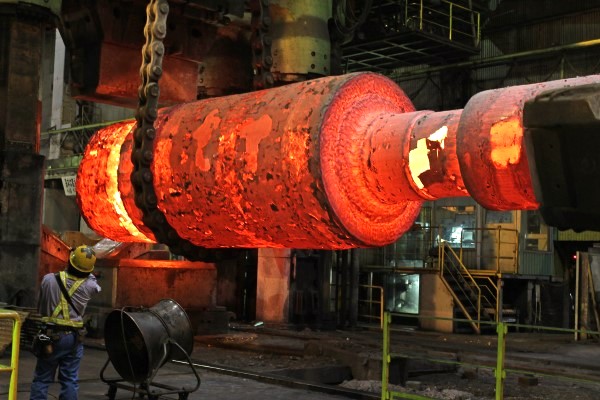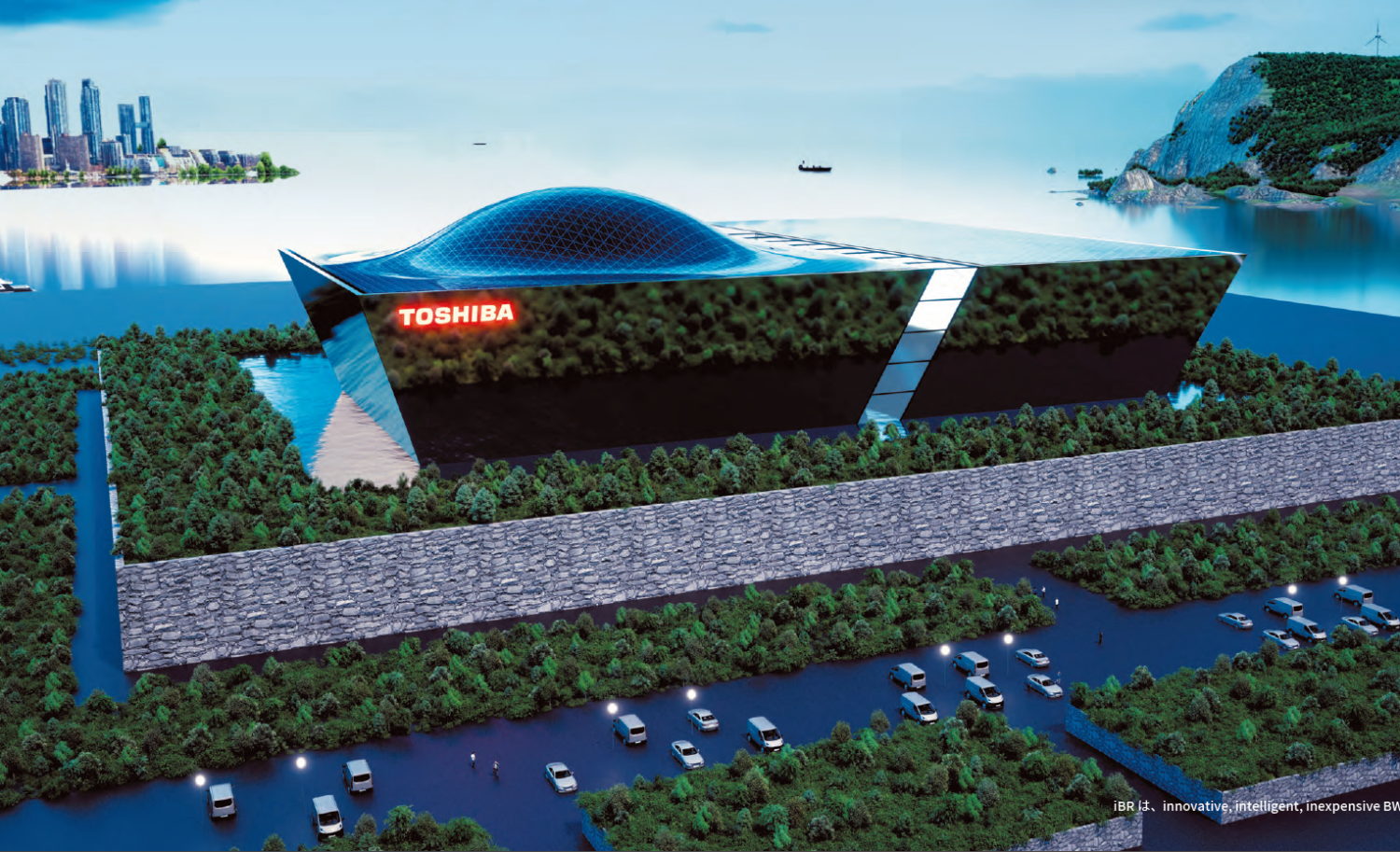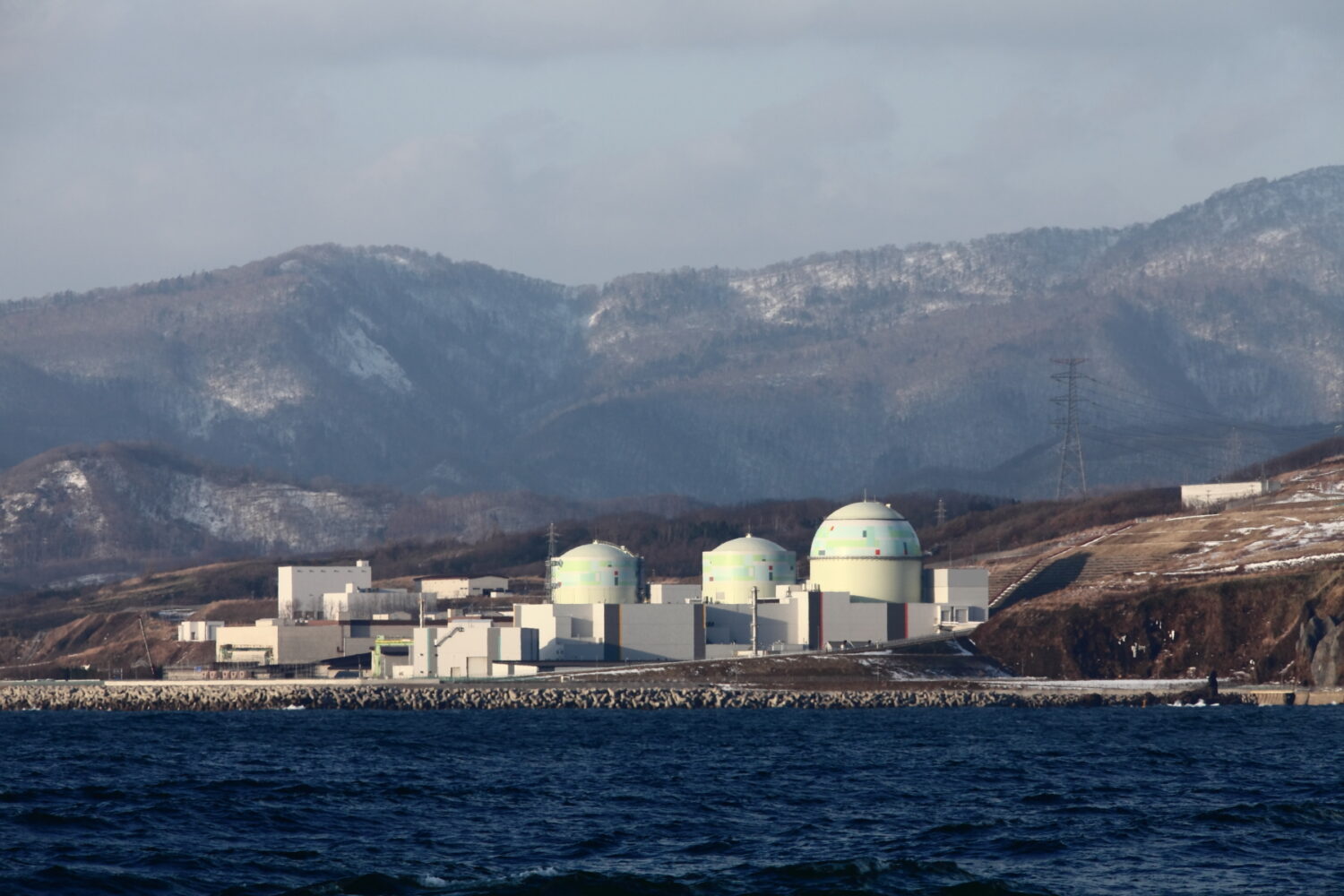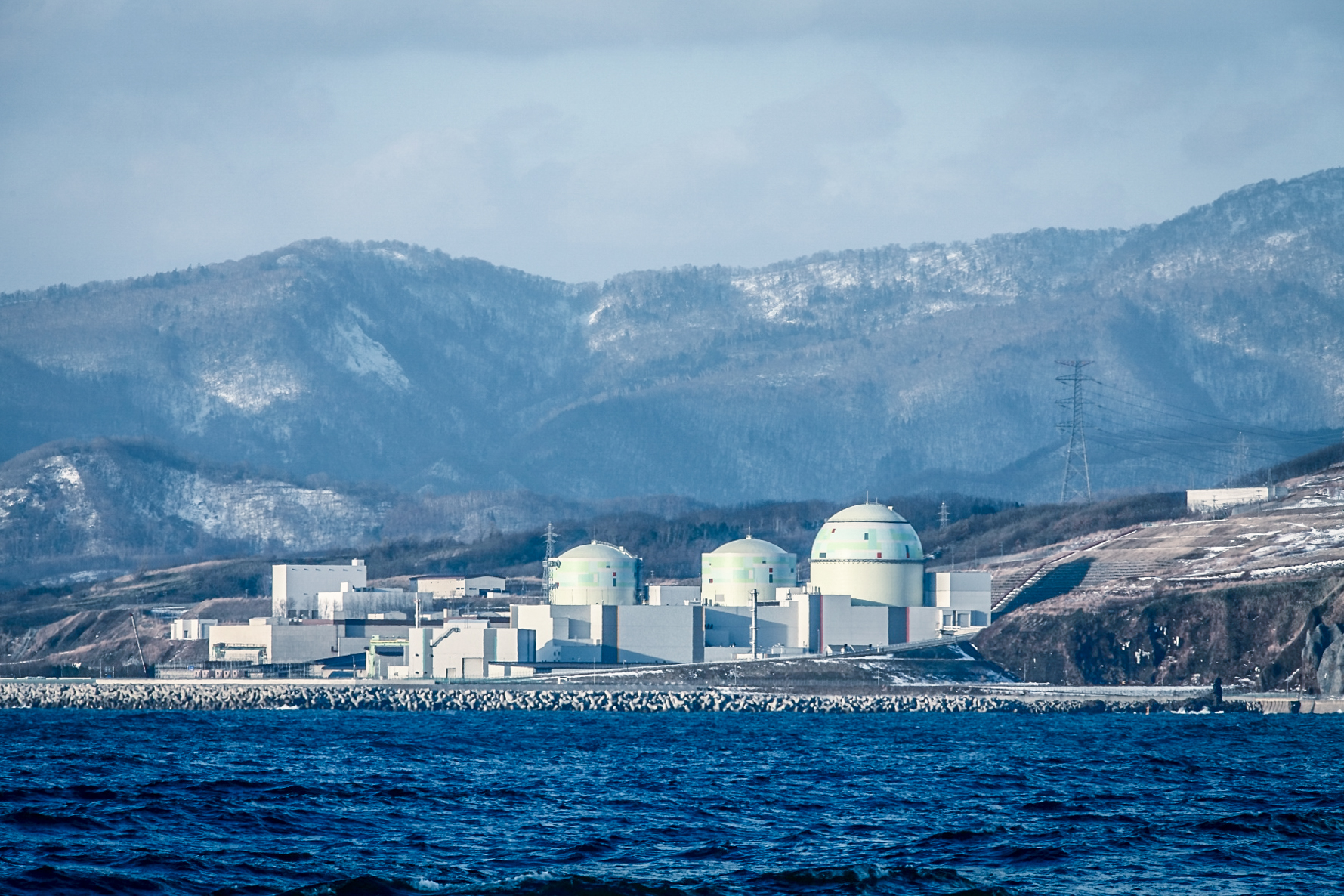In April, following the previous meeting of the subcommittee in December 2022 and revisions to the Basic Concept on Nuclear Energy Use by the Japan Atomic Energy Commission (JAEC), the Cabinet approved the Grand Design for Future Nuclear Policy and Guidelines for Action Toward Realization, developed after discussions at the Japanese government’s Green Transformation (GX) Implementation Council, which is chaired by Prime Minister KISHIDA Fumio.
At the meeting this time, the following six pillars of the Grand Design and Guidelines were noted:
- Integrating the influence and capabilities of all relevant parties to facilitate the restart of nuclear power plants (NPPs).
- Using the existing NPPs to the maximum extent.
- Considering the development and construction of next-generation advanced reactors.
- Speeding up the processes of reprocessing, decommissioning, and final disposal.
- Maintaining and strengthening supply chains.
- Contributing to resolving globally common issues.
With that reference, recent movements in nuclear policy and courses of future action were explained, after which the subcommittee members exchanged opinions and views.
Regarding the development and construction of next-generation advanced reactors, Mitsubishi Heavy Industries, Ltd. (MHI) was named the core company in charge of the development of fast reactors (FRs) and a demonstration high-temperature gas-cooled reactor (HTGC), on July 12 and 25, respectively.
ANRE is now considering the organization of a body to lead FR development. In March, the Nuclear Supply Chain Platform (NSCP)—a framework to support nuclear-related companies in Japan—was established toward maintaining and strengthening supply chains. The national government will boost its support for some 400 companies nationwide and their supply chains by performing the following actions:
- Strategically fostering and ensuring nuclear human resources.
- Implementing measures to prevent the disruption of the supply of parts, components, and raw materials and to ensure the continuation of businesses.
- Supporting participation in projects abroad.
At the meeting, subcommittee member ENDO Noriko, project professor at the Research Centers and Institutes, Keio University Global Research Institute, made the following comment having visited a nuclear vendor making rapid progress in South Korea: “Unless Japan hastens the construction of new and replacement NPPs, supply chains in Japan may disappear.” She expressed her sense of crisis and stressed the need to initiate construction as early as possible.
Joining the subcommittee deliberations for the first time, KUROSAKI Ken, professor and director of the Institute for Integrated Radiation and Nuclear Science at Kyoto University (KURNS)—and chairman of the working group on advanced reactors under the Nuclear Energy Subcommittee—talked about the development and construction of next-generation advanced reactors. Referring to the need for communications with siting areas, he said, “It will soon be time to consider where construction will occur.”
At the meeting, furthermore, ANRE expressed its intention to include investments in safety measures at existing NPPs in the Long-Term Decarbonized Energy Auction Plan, which is a bidding system for new investments in decarbonized power sources. The first bidding is scheduled for January 2024.
In relation to that, another member, TAMURA Tae, deputy director of the Industry Research Division at Mizuho Bank, said, “Circumstances surrounding the business environment for investments in nuclear safety measures vary greatly, depending on conditions at each location,” noting the necessity of discussing issues carefully from various viewpoints such as construction costs.
IHARA Ichiro, chairman of the Nuclear Power Development and Policy Committee of the Federation of Electric Power Companies of Japan (FEPC) and chief nuclear officer at the Chubu Electric Power Co, attended the meeting this time as a special member. He explained FEPC’s recent activities in support of the early restart of existing NPPs, the promotion of the nuclear fuel cycle, and dialogue with the NRA toward the development of advanced light water reactors (ALWRs).
Japan Atomic Industrial Forum (JAIF) President ARAI Shiro, also attending the meeting this time as a special member, mentioned three topics, as follows:
- The early restart of existing NPPs and their maximum use.
- Enhancement of the business environment amid the deregulation of the power retail market.
- Maintaining and strengthening supply chains.
He also stressed that “manufacturing high-quality products and providing installation and maintenance are essential, requiring the early restart of NPPs and the initiation of new NPP construction,” based on domestically integrated technology for the construction of NPPs.











-013.jpg)

-049.jpg)
.jpg)







